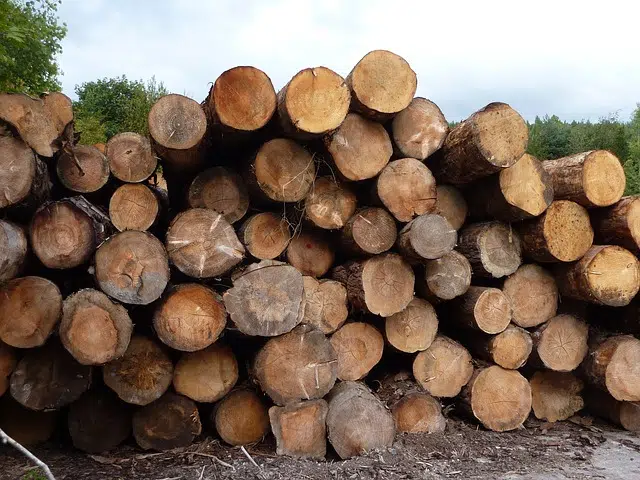
Forest resources have multiple uses.
Resources are goods or raw materials that are useful for some objective. The concept also refers to what is necessary for subsistence. Forestry , for its part, is the adjective that refers to what is linked to a forest and the extraction or exploitation of its trees, plants, etc.
A forest resource , therefore, is what is obtained from forests and that allows us to satisfy some human need , either directly or indirectly. Different products can be generated from forest resources.
The importance of forest resources
Trees are forest resources: their exploitation allows us to produce paper, obtain wood and obtain food, to name a few possibilities. It is important to keep in mind that these forest resources are not only relevant for the economy and industry: they are also vital for the environment since they absorb carbon dioxide and regulate the climate.
Forests are, undoubtedly, one of the most used types of forest resources. However, in this case, what is usually done is to distinguish between temperate forests and tropical forests. The latter are in serious danger in developing countries due to the fact that they are being exploited and "consumed" at too high a rate.

The exploitation of forest resources must be managed responsibly to avoid deforestation .
Uses and overexploitation
In addition to what has been stated so far, we cannot forget the fact that forest resources are considered to be used to achieve different objectives. Hence, they can be classified based on the functions they can undertake, such as productive, regulatory, protective...
This importance of forest resources makes overexploitation very negative for humanity. When trees are cut down at a very rapid rate, the forest area decreases. In other words: large hectares of forests cease to exist. This harms various industrial sectors but, above all, the planet in general due to the ecological consequences.
The exploitation of forest resources, therefore, must be carried out in a controlled manner and compensated by reforestation that guarantees the survival of the forests. Thus, forest resources remain renewable resources , which are not depleted since they are regenerated quickly and effectively.
Biomass, a product obtained from forest resources
Wood is one of the main products obtained as forest resources, but it is also possible to obtain foods such as berries or mushrooms, forage and even what is called biomass. This is made up of solid waste that is obtained in forests and that is used, after the pertinent treatment or adaptation, as fuel for stoves, boilers and similar devices.
Biomass is increasingly gaining greater acceptance in society and that is because it brings with it a significant number of benefits:
-Manages to make use of elements, waste, which are useless and the only thing they could cause if they remain in the forests is dirt and dangers such as fires.
-It does not pollute, so it protects the environment.
-It has a much cheaper price than natural gas or diesel, for example.
